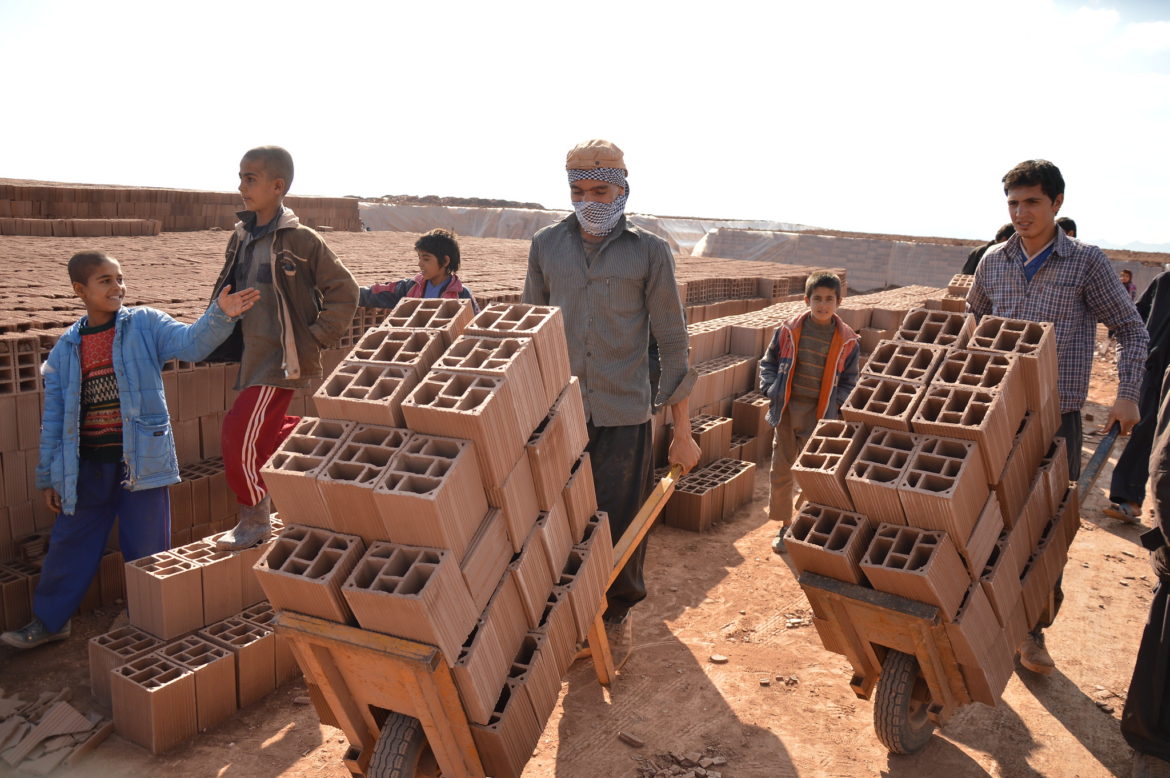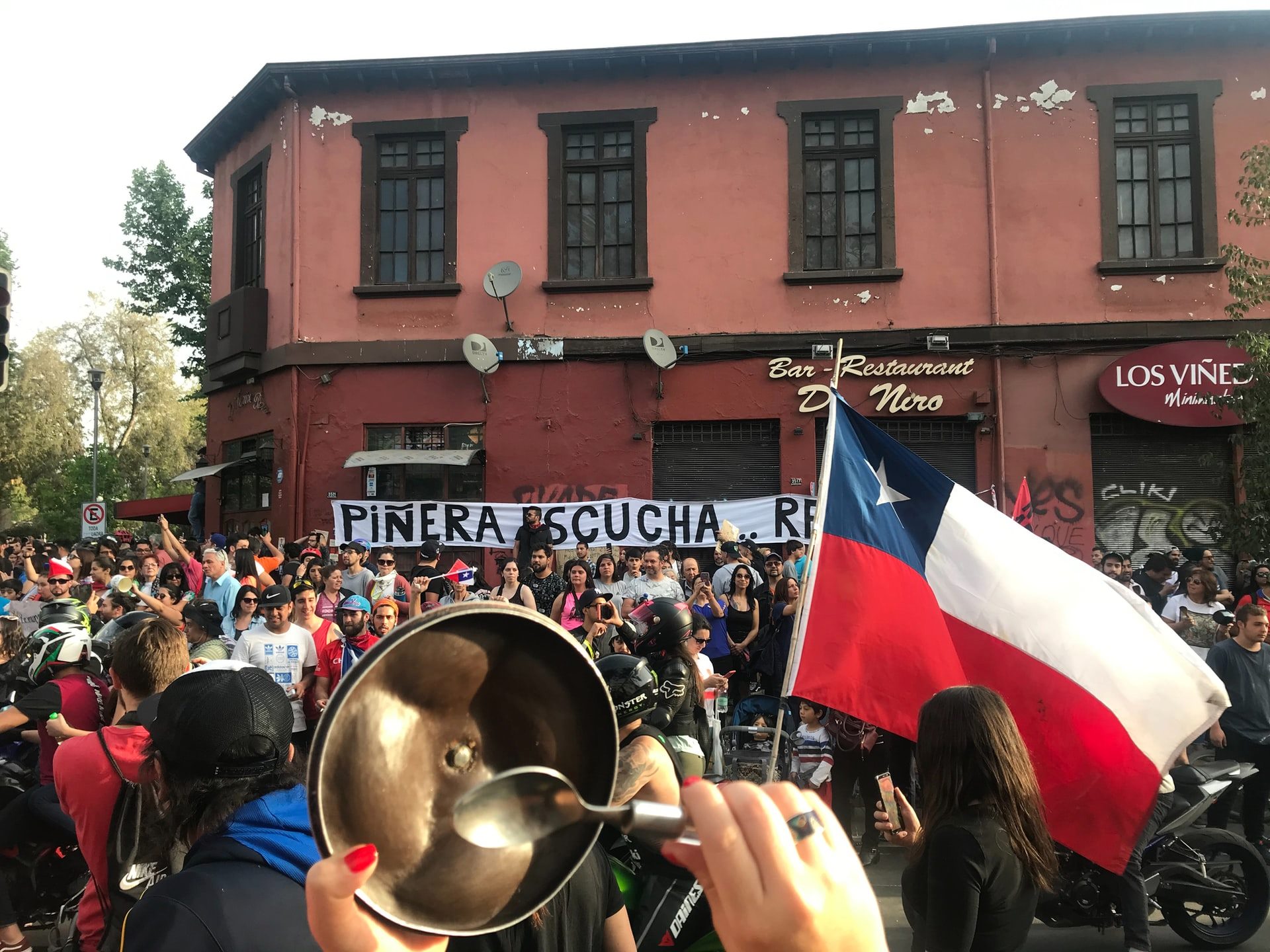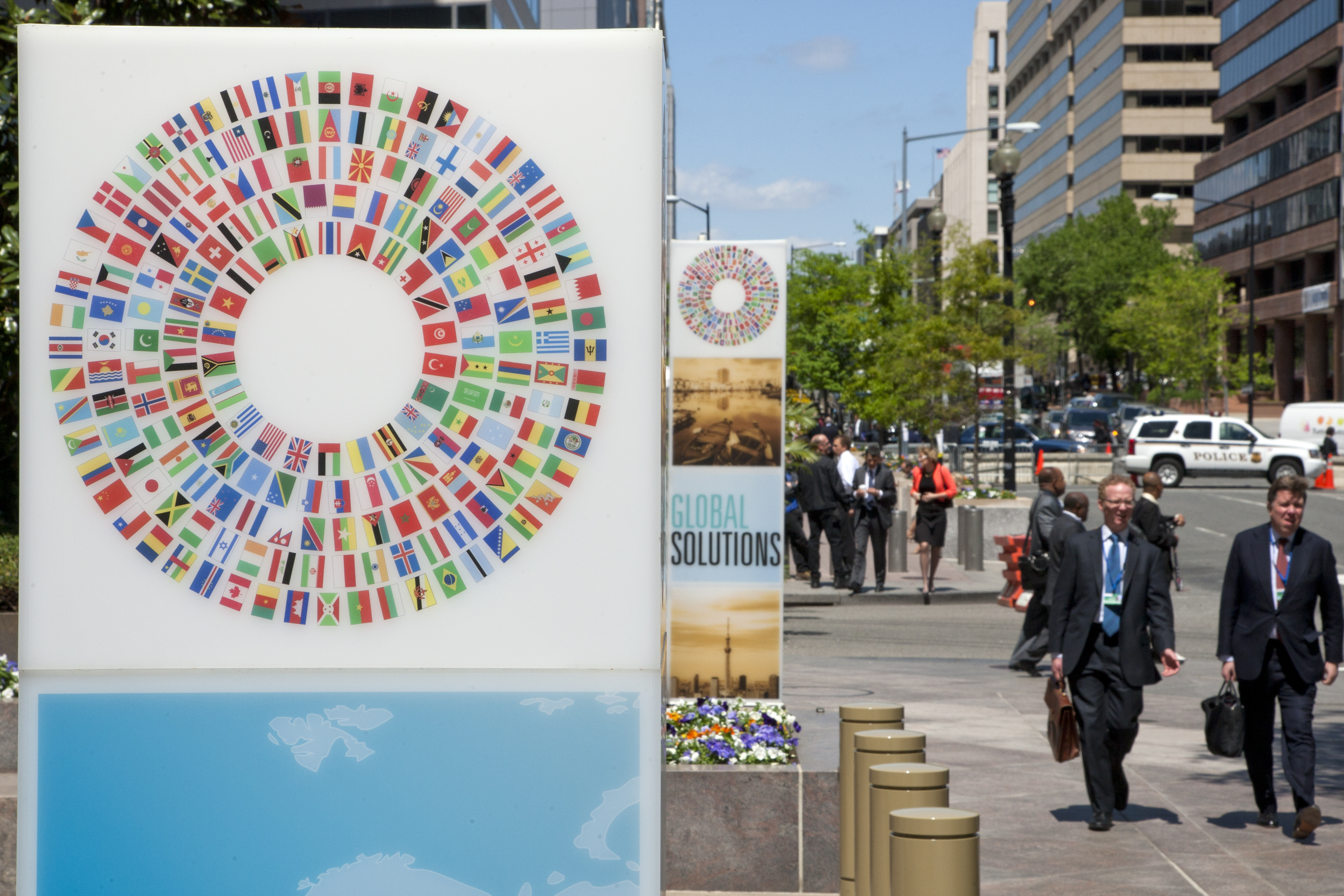Tag: Ariana Castillon
Afghan citizens and their families who provided help to Western allies are to become refugees in those nations through resettlement programs; others remain in hiding in the country under threat of death. But for those who fled, one question remains: what comes next for Afghan refugees?
Bolsonaro and Brazil’s Health Crisis
Brazil has two of the largest vaccine production factories in Latin America, and is known worldwide for its strong immunization programs. They have, however, been struggling to coordinate a federal immunization campaign.
Vaccinegate: Vaccination Outrage in Argentina and Peru
Over the last few weeks, two vaccination scandals have broken out in Peru and Argentina. Multiple high-ranking officers and wealthy private citizens were granted access to vaccines months before the immunization campaign in both countries began. In Peru’s case, … Continue reading
Candid – Episode 2: Peruvian Bebop
Join us for episode 2 of the Candid podcast. Ariana and Alex discuss the developing political environment of Peru, the overturn of three presidents in the span of two weeks, and the rise of protests globally in a fight for democracy and the people's choice.
Three Presidents in One Week
The protests that happened in Peru during the week of November 9th to November 16th shocked the population, the international media, and the governing ruling elite itself. When the Peruvian people saw that Congress, a chamber who had time and again rejected efforts to pass measures that would bring an end to their suffering, had passed the vacancy measure against President Vizcarra, they snapped. They were tired of corruption, and angered by incompetence. To many, this felt like a fight they couldn’t afford to lose.
Latin America’s Weak Democracies During the COVID-19 Pandemic
With many being asked to stay at home and unable to look for work, one would think the governments would implement relief programs to keep the economy running and support people unable to work. While many governments did offer some kind of relief money or package to their citizens, it was a very small amount, and only to those in the most precarious situations. Rather than appeal to the people’s collective conscience, many governments’ first step was to solidify military support before addressing their people, with generals behind them as they imposed new restrictions.
David Malpass at McGill: An Uncertain Future For the World Bank?
Nonetheless, while the World Bank does contribute to some important projects and initiatives, there is still pervasive institutional bias that values the desires of its Western donors over the needs of the developing nations it seeks to assist.







